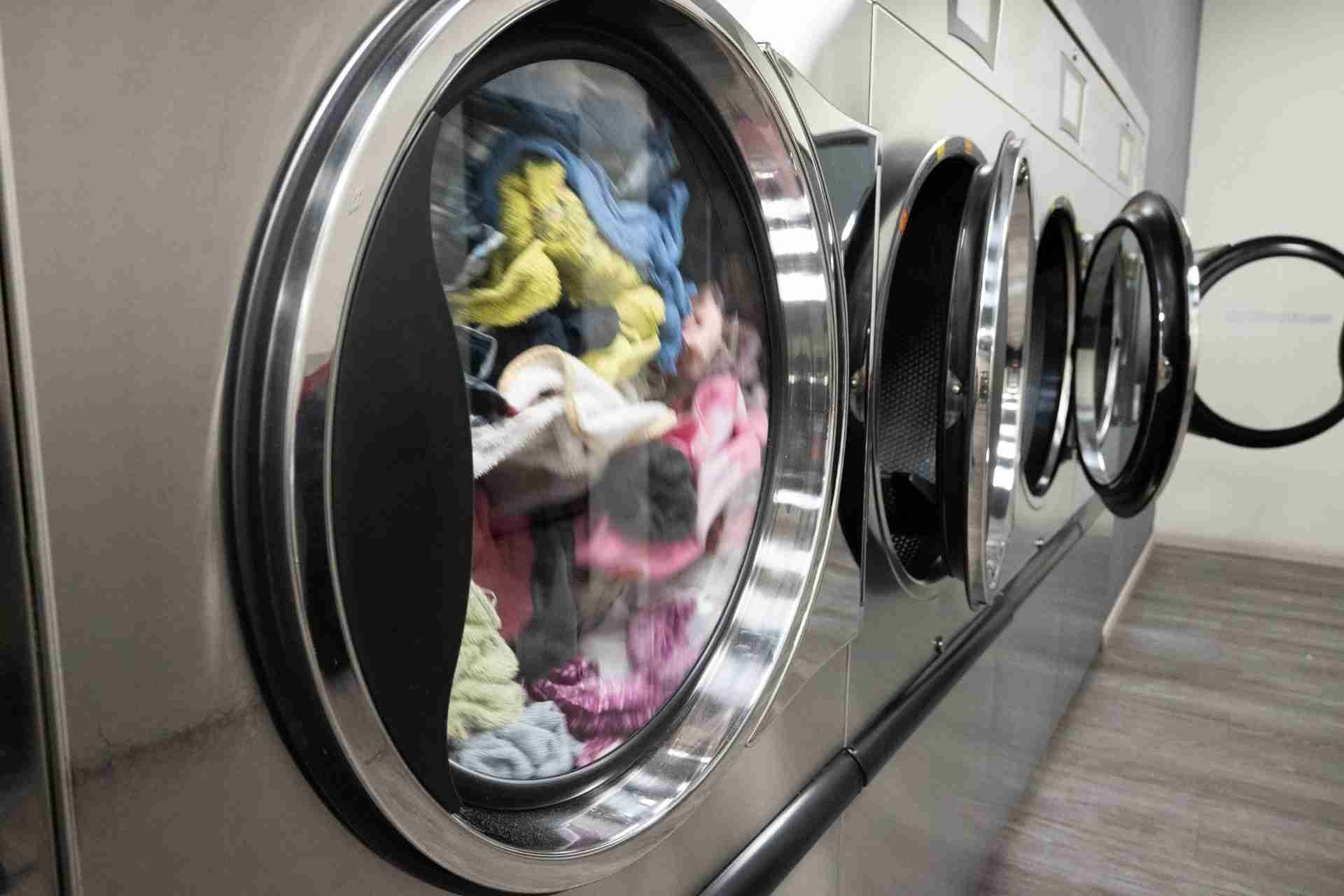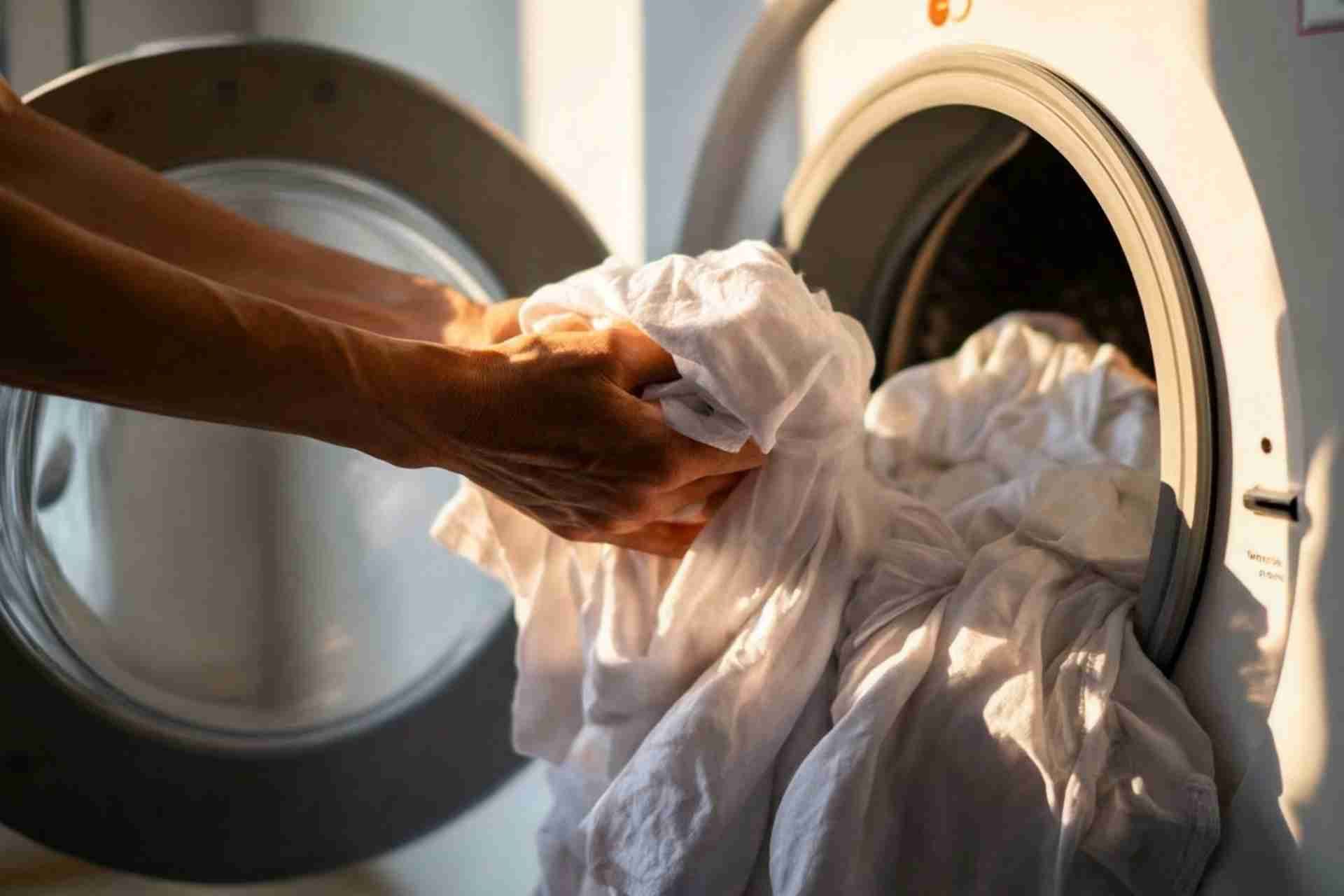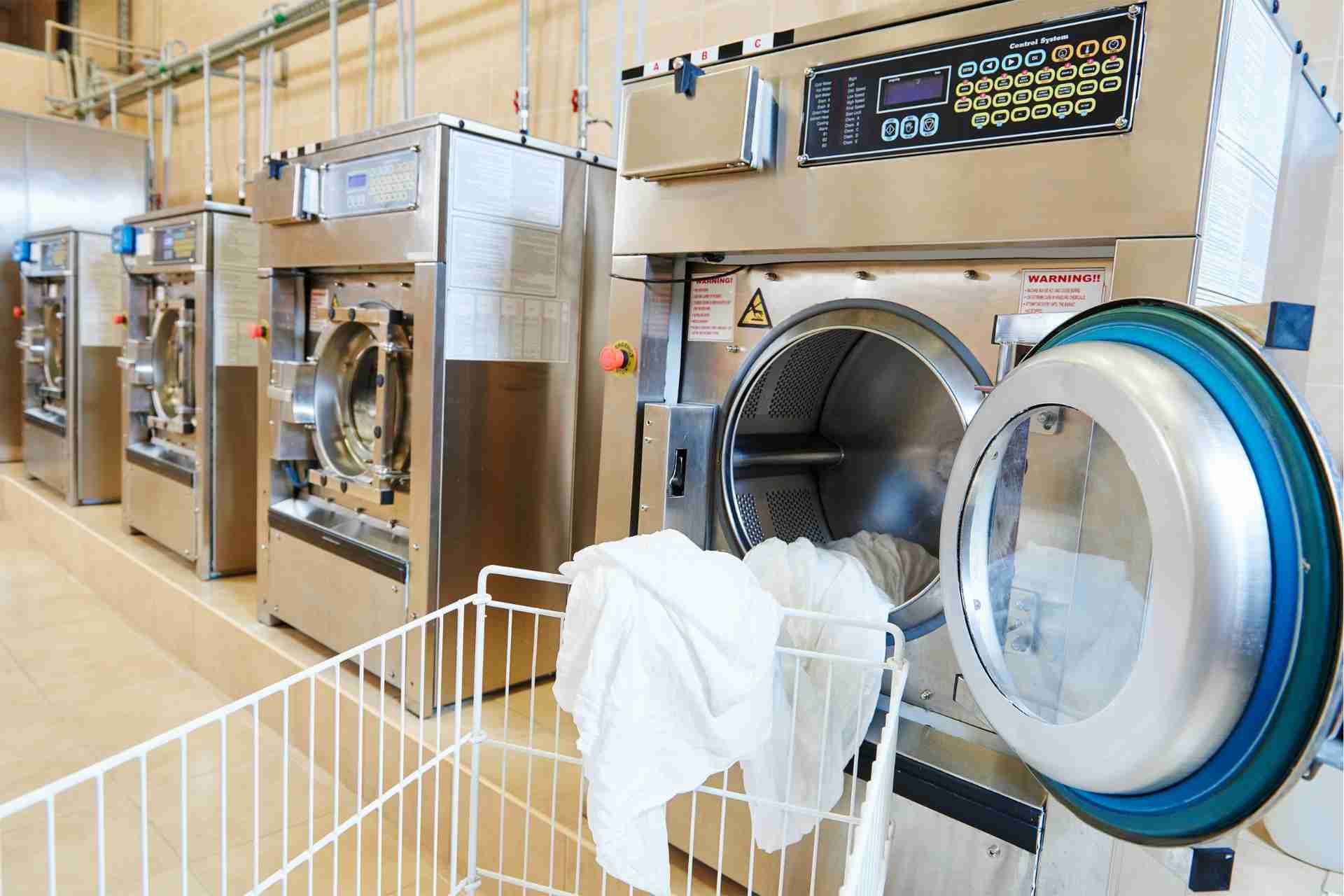What Happens If You Overload the Washing Machine?
Overloading your washing machine might seem like a time-saver, but it can lead to a host of problems. You may notice that your clothes aren't coming out as clean, and the machine could start showing signs of strain. This isn't just about dirt; it can affect the appliance's longevity and efficiency. Curious about the specific risks and how they might impact your laundry routine?
Decreased Cleaning Efficiency
When you overload your washing machine, you might notice a significant drop in cleaning efficiency. The machine struggles to agitate the clothes properly, leaving detergent and dirt trapped in the fabric. This means your laundry might come out looking just as dirty as it went in.
Without enough space to move, the clothes can also become tangled, preventing even distribution of water and soap. You might find that stubborn stains remain, and odors linger longer.
Overloading can lead to uneven washing cycles, where some items get clean while others don't. To ensure fresh and clean laundry, it's best to follow the manufacturer's guidelines on load capacity.
Increased Wear and Tear
Overloading your washing machine not only affects its cleaning performance but also leads to increased wear and tear on its components.
When you cram too many clothes into the drum, it forces the motor to work harder, causing additional strain. This excessive load can wear down belts, bearings, and other critical parts faster than normal.
You might notice your machine vibrating more during cycles or making unusual noises, indicating stress on its mechanisms. Over time, this can result in costly repairs or even a complete breakdown.
To keep your washing machine running smoothly and extend its lifespan, it's essential to follow the manufacturer's guidelines for load capacity.
Potential Damage to the Drum
Excess weight in your washing machine can lead to serious damage to the drum. When you overload, the drum has to work harder to spin, which can cause it to warp or develop cracks.
This distortion compromises the drum's integrity, making it more prone to future issues. You might also notice unusual sounds during the spin cycle, signaling that the drum is struggling.
If the damage worsens, you could face costly repairs or even a complete drum replacement. It's essential to follow the manufacturer's guidelines for load capacity to avoid these problems.
Risk of Mechanical Failure
While it might seem harmless to cram in a few extra items, doing so can significantly increase the risk of mechanical failure in your washing machine.
Overloading puts excessive strain on the motor, leading to overheating and potential burnout. The belts and pulleys that drive the drum can also wear out faster under this pressure, causing them to snap or malfunction.
You may notice unusual noises or vibrations, indicating that something's off. Ignoring these signs can result in costly repairs or, worse, a complete breakdown.
To keep your washer running smoothly, stick to the manufacturer's load recommendations. By respecting these limits, you'll prolong your appliance's lifespan and avoid the headache of unexpected repairs.
Poor Drainage and Water Retention
When you cram too many items into your washing machine, you may find that water can't drain properly. This happens because the overload creates a blockage, preventing the water from flowing out as it should.
You might notice excess water pooling at the bottom of the drum, leading to soggy clothes that take longer to dry. If this issue persists, you risk damaging the machine's pump or hose, which can lead to costly repairs.
Additionally, standing water can cause unpleasant odors and even mold growth, affecting your laundry's freshness. To avoid these problems, always follow the manufacturer's load recommendations and give your clothes enough room to move freely during the wash cycle.
Higher Energy Consumption
Overloading your washing machine not only leads to poor drainage but can also drive up your energy consumption.
When you cram too many clothes into the drum, the machine struggles to clean them effectively. This inefficiency requires longer wash cycles, which means it uses more electricity. You might think you're saving time by doing fewer loads, but the extra energy spent on each overloaded cycle can significantly increase your utility bills.
Additionally, your machine may work harder to spin and rinse the bulky load, which can further escalate energy use.
To keep your washing machine running efficiently and your energy costs down, it's best to stick to the manufacturer's recommended load size. Your wallet—and the environment—will thank you!
Conclusion
In conclusion, overloading your washing machine can lead to a host of problems, from decreased cleaning efficiency to potential damage and mechanical failure. By sticking to the manufacturer's load capacity guidelines, you'll not only keep your clothes cleaner but also extend the life of your appliance. Avoid the temptation to cram in extra items; it's better to do smaller loads and ensure your washing machine runs smoothly and efficiently for years to come.









